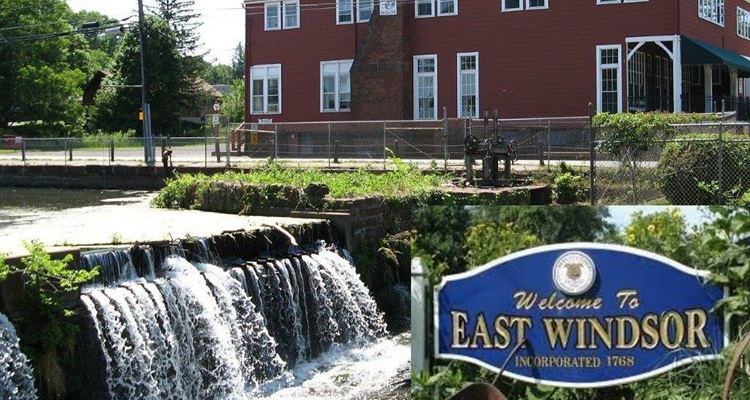Legislation that would allow the Mohegan Tribal Gaming Authority and the Mashantucket Pequot Tribal Nation to open a commercial casino in the northern Connecticut community of East Windsor has reportedly been passed by the Connecticut State Senate.
According to a report from the Hartford Courant newspaper, the Eastern state’s upper legislative body ratified the casino expansion measure by a vote of 24 to 12 on Wednesday with the legislation now due to be sent to the Connecticut House of Representatives for consideration.
The newspaper reported that the measure would allow MMCT Venture, which is a partnership between the casino-operating Mohegan Tribal Gaming Authority and the Mashantucket Pequot Tribal Nation, to run a satellite gambling facility in East Windsor although critics have pointed out that this arrangement could possibly jeopardize the state’s existing gaming compact with the tribes.
The Mohegan Tribal Gaming Authority is responsible for the giant Mohegan Sun development in south-eastern Connecticut while the Mashantucket Pequot Tribal Nation runs the nearby Foxwoods Resort Casino and their MMCT Venture enterprise has long promoted the East Windsor plan as a way to dilute the impact expected after the late-2019 opening of the $950 million MGM Springfield development being built by MGM Resorts International in neighboring Massachusetts.
For its part, MGM Resorts International has unsurprisingly been one of the harshest critics of the MMCT Venture proposal as it wants the state to instead initiate a competitive process that would allow private operators to join with the two tribes in submitting potential bids for a third Connecticut casino. The Las Vegas-based firm has moreover expressed its desire to build a gambling venue in south-western Connecticut around Bridgeport, which is the state’s largest city and only about 50 miles from New York City and its over 8.5 million residents.
“The [Connecticut State] Senate took us one step closer to saving more than 9,000 jobs and millions in state tax revenues,” read a statement from Rodney Butler, Chairman for the Mashantucket Pequot Tribal Nation Council.
According to a report from the Associated Press news service, the legislation will face an uphill battle for ratification in the Connecticut House of Representatives with numerous lawmakers in Hartford doubtful whether it has any chance of being approved.
“It is a very complicated issue in and of itself and the political piece is all over the place because you have competing interests and you’re talking about a lot of money,” Joe Verrengia, a Democratic member of the Connecticut House of Representatives, told the Associated Press.
Verrengia reportedly explained that some Connecticut House of Representatives lawmakers are instead in favor of initiating the competitive process while others are completely opposed to any form of expanded gambling whatsoever. He stated that there are even those who are seeking assurances that off-track betting facilities in their districts would be protected from the anticipated increase in competition brought about by the new East Windsor facility.
As if the situation wasn’t complicated enough, Verrengia reportedly explained that the ratification of the casino expansion legislation could moreover expose the state to years of potential litigation with MGM Resorts International already suing Connecticut over the current process amid claims that it is unfair to outside developers.
“Of course we have to protect our constitutional right to compete in these markets,” Uri Clinton, Senior Vice-President for MGM Resorts International, told the Associated Press.
In addition, the news service reported that yesterday saw the Kent-based Schaghticoke Tribal Nation, which has plans to open a Connecticut casino of its own, proclaim that it “will have no alternative” but to sue the state if MMCT Venture is given permission to open its East Windsor casino.
“Let’s face it, if we go the tribal way, the [Connecticut State] Senate bill, there is no question that that’s going to be tied up in the courts for at least two to five years and no one knows how we would prevail,” Verrengia told the Associated Press.



